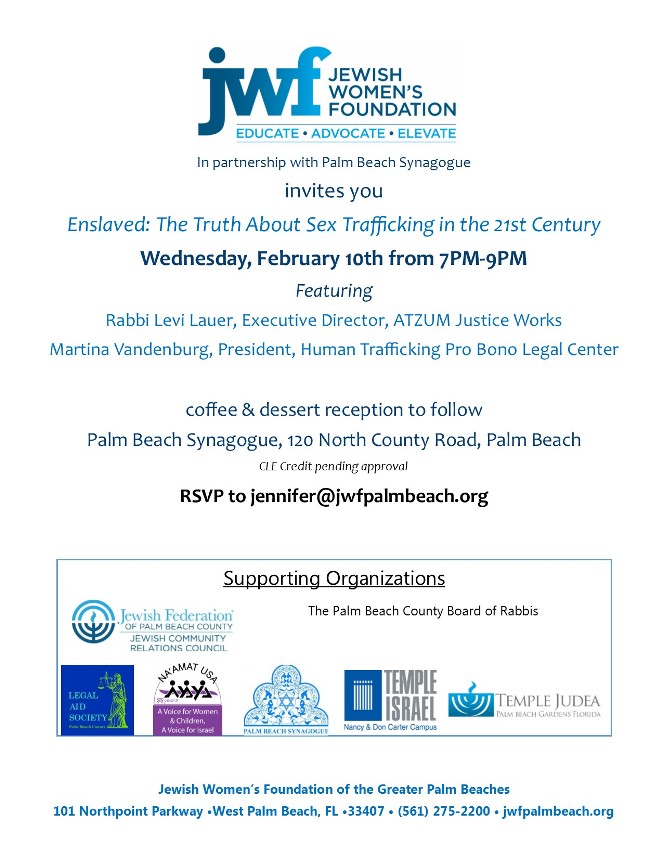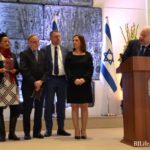Israel’s 20th Knesset was sworn in on March 31, 2015 with 40 first-time MKs, a record 28 women, and new political parties. Of particular concern to the Task Force on Human Trafficking (TFHT) is whether this government will support or thwart TFHT’S multi-year campaign to pass legislation based on the Nordic Model, the international standard designed to criminalize the procurers and purchasers of sexual services and protect the prostituted person.
Unfortunately, two of TFHT’s dedicated partners in the 19th Knesset, MK Shuli Moalem-Refaeli (HaBayit HaYehudi) and MK David Tzur (HaTnua), were not re-elected, though MK Zehava Gal-On (Meretz), unwavering in her commitment to eradicate demand for trafficking and prostitution, and a past sponsor of legislation based on the Nordic Model, was again elected.
Prior to the elections, TFHT partnered with Mythos and The Jerusalem Institute for Justice to survey political party positions on the Nordic Model: the Zionist Union, Yesh Atid, HaBayit HaYehudi, and Meretz each publicly declared their support, signaling hope as we address the challenges ahead.
Between the folding of the previous Knesset and the formation of the current government, TFHT worked to redraft more comprehensive legislation than previously proposed. The new bill, more holistic in its approach to reducing sex trafficking and prostitution, calls for appreciable assistance to be provided to people exiting prostitution.
Simultaneous to our legislative activities, we are ramping up the work of our 383-strong Project 119 grassroots volunteer corps. Project 119 volunteers from around the world, who kept the issue front and center between governments, are now accelerating their weekly online advocacy campaign with MKs and ministers to push the new Knesset to act.
Having urged passage of Nordic Model legislation in Israel during three consecutive governments, TFHT remains the lead organization focused on bringing about sustained change at the policy level and holding accountable those tasked with implementing the bill when it becomes law. In this effort, we are pleased our long-term relationships with law firm Kabiri-Nevo-Keidar, TFHT co-founder, and advertising company Y&R-Israel remain strong. What we know for sure: however long and rutted the road to change, it is unacceptable for Israel society to accept the current reality in which the purchase of sexual abuse of girls and women continues.
NOTE: Those curious about how voting works in Israel can learn more here; results of the country’s March 2015 elections can be found here (English) and here (Hebrew).




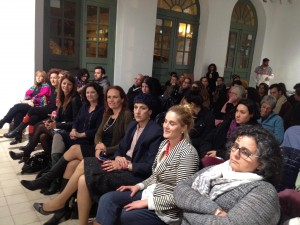
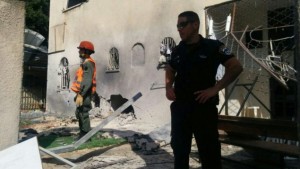
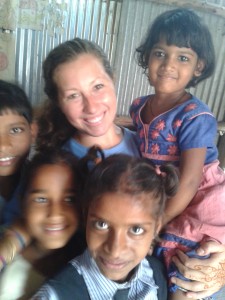
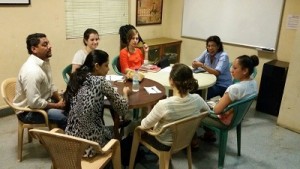 The sessions allowed my fellow volunteers and me to connect on a deeper level. As my new friends piped up around me, engaging and offering insightful thoughts, I felt a new appreciation for each of them. After spending so much time living, planning, and joking with one another, we were suddenly relating in a new way. Bouncing off one idea to another, we were able to appreciate each other intellectually, which for me added a meaningful layer to our cohort.
The sessions allowed my fellow volunteers and me to connect on a deeper level. As my new friends piped up around me, engaging and offering insightful thoughts, I felt a new appreciation for each of them. After spending so much time living, planning, and joking with one another, we were suddenly relating in a new way. Bouncing off one idea to another, we were able to appreciate each other intellectually, which for me added a meaningful layer to our cohort.